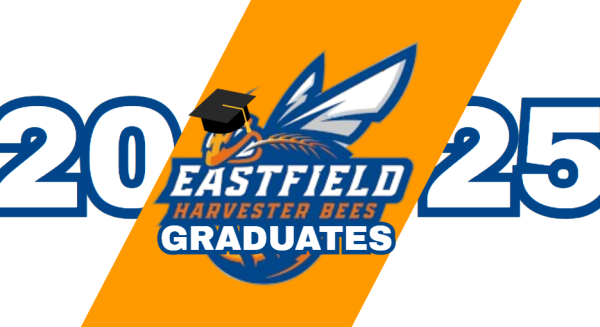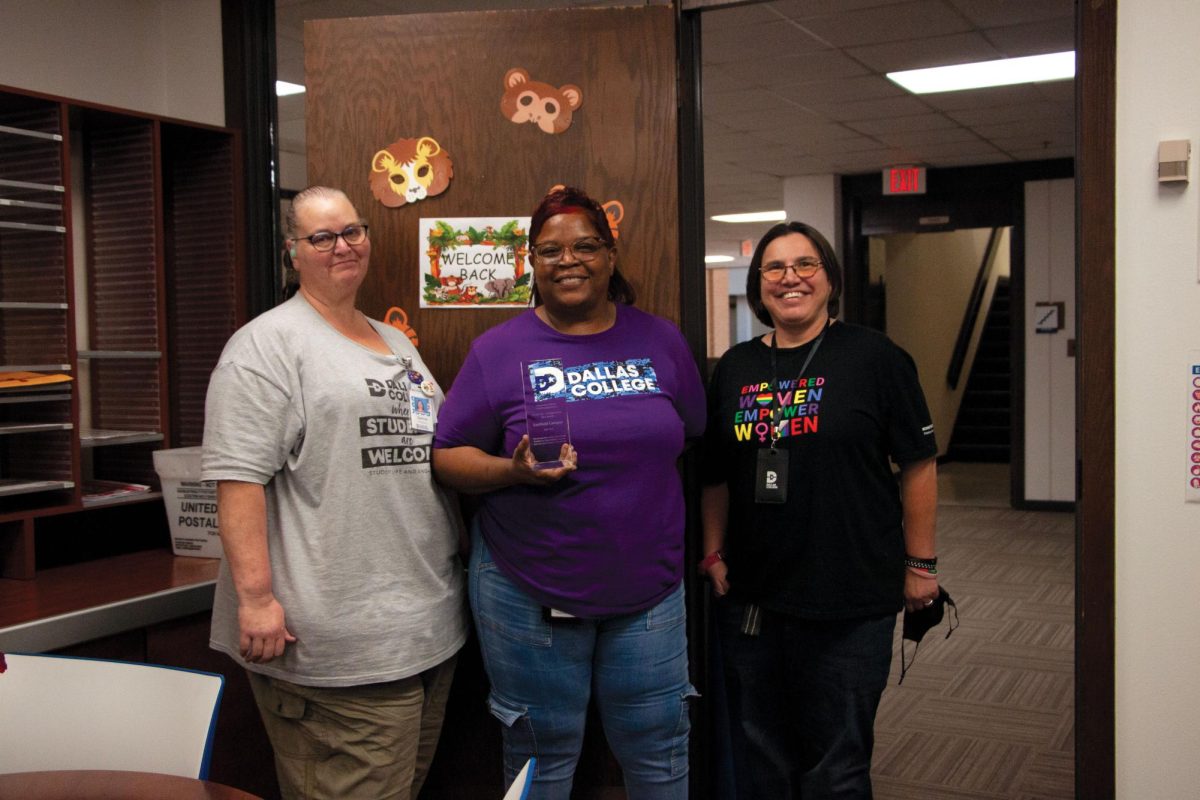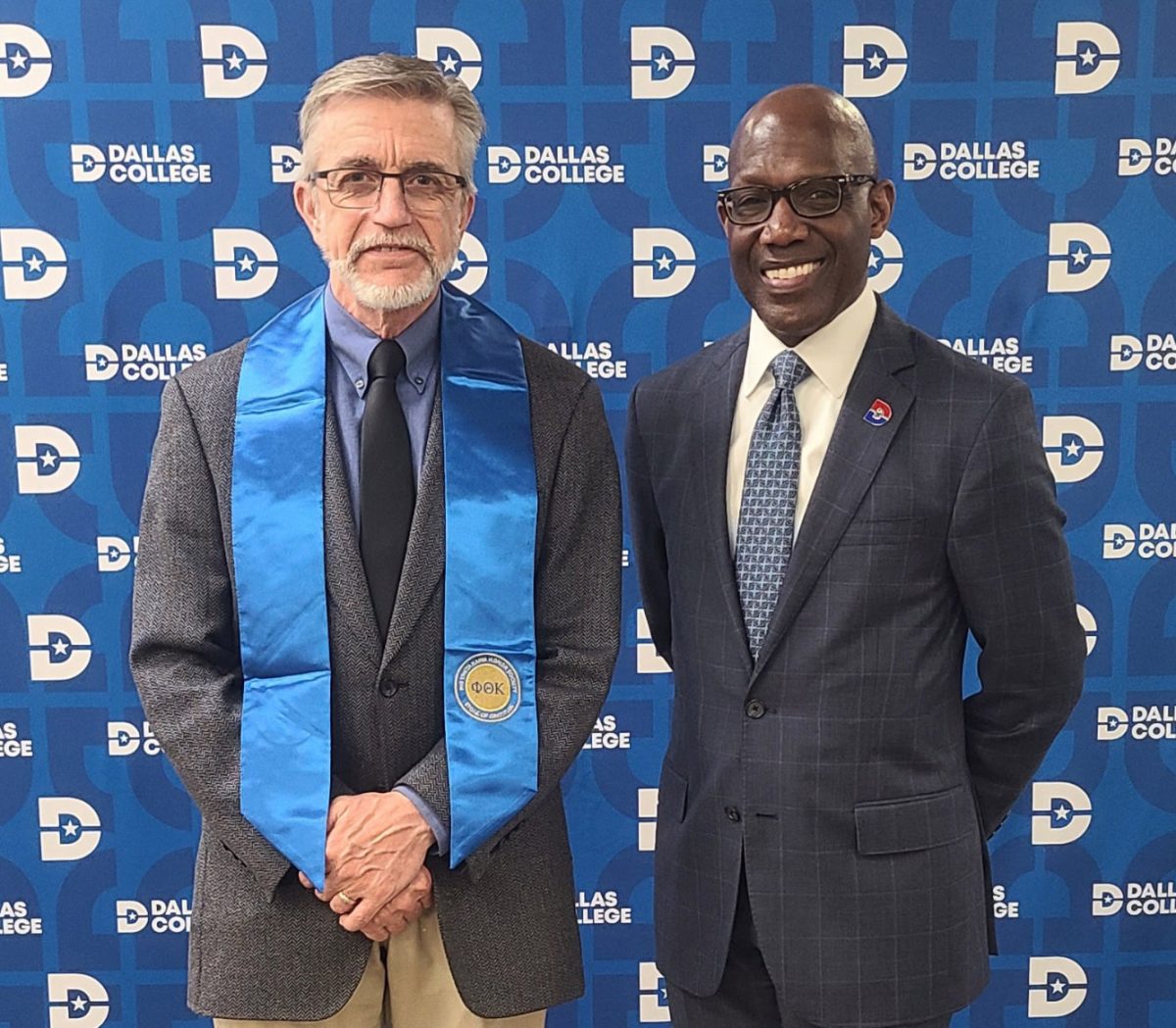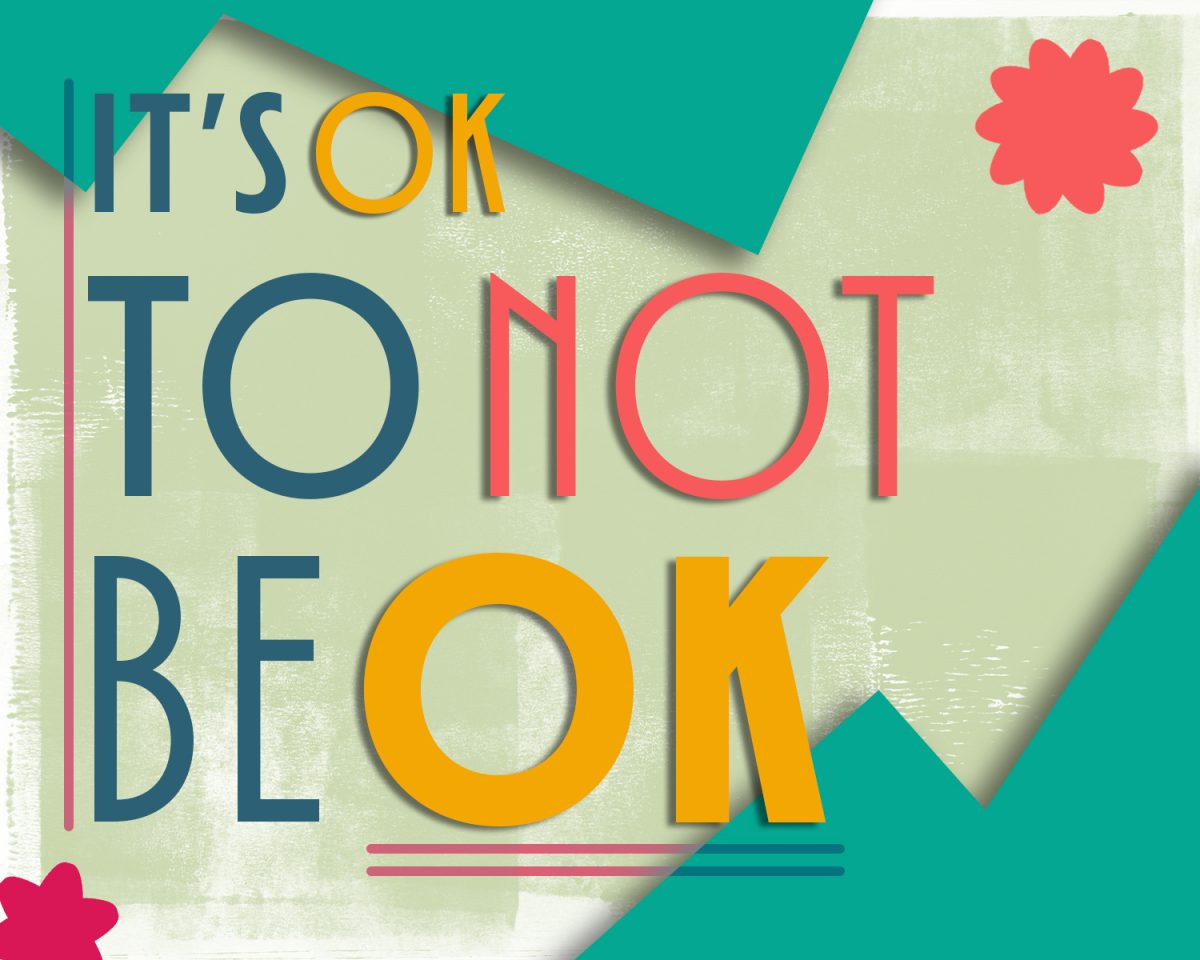Congratulations! You made it through your program, got the grades and your cap and gown are ready to go. But what’s next after that? Students work hard to pursue their goals, but once that degree is in hand, it can feel disorienting. The path to your next goal is often unclear because there are so many choices one can make. Whether you are graduating or just planning ahead, here is a list of some possible next steps students can take after graduation.
Transfer to continue your education — As a community college, Dallas College (DC) primarily offers associate’s degrees, which means that a large portion of the student body will continue their education, transferring to a four-year university program. If students decide to pursue a four-year degree, a good place to start is by talking to your success coach and making sure you have everything you need to transfer to your program of choice. It’s also a good idea to reach out to the school(s) you are transferring into to verify their entry requirements and confirm that all the prerequisite courses are completed and will transfer.

Prepare your resume — If the degree earned at DC is the end goal, it’s time to start preparing a resume. A strong resume is only one to two pages (one sheet of paper front and back), is up-to-date and is written as clearly as possible. Avoid embellishing skills, but don’t sell yourself short either. A great way to know what skills to list is to look at job postings for the career you want and see what sort of skills they are looking for. If multiple listings contain a skill you don’t yet have, consider taking an online training course so it can be added to your resume. Also think about what skills you do have that will set you apart from other applicants.
Clean up your social media — College is a time for fun, and a student’s exploits are often on display on social media platforms. This is all well and good, but it’s important to be aware that potential employers may search for you on social media to see if your online image fits within their set of standards. This is especially true for teachers. Students don’t have to delete their social media, but should consider scrolling their profile and looking at it from a potential employer’s perspective. If you wouldn’t want to show it to your boss, take the steps you need to before they search for you and find it.
Apply for jobs — It is a misconception that students will graduate, find their dream job listing waiting for them, apply and get in on their first try. While this can happen, it’s far more likely that you will need to submit multiple applications, reaching for every opportunity you can. Oftentimes, employers want previous experience in a field, but don’t let this stop you from applying as previous job skills may suffice even if they were from a different field. You have to start somewhere, so even if your dream job isn’t quite attainable, any job will help you grow your skills, get your foot in the door and gain some of that needed experience.
Prepare for interviews — Make sure you’re prepared for the interview process. An interview is a chance to make a first impression and show the employer what you can bring to the job. Dress professionally, even if the job won’t require professional attire on a day to day basis. Be prepared for common interview questions as well, such as explaining gaps in your work experience, what your skill level is in certain areas and why they should hire you. Two interview questions that can often be difficult to answer are being asked to list both your strengths and your weaknesses. Honesty is the best policy when answering interview questions, but don’t be afraid to express a willingness to learn and fill in your knowledge gaps.
Take a gap year — Some students may need some time to figure out their next steps, and that’s OK, too. This may mean spending time exploring other interests before committing to a career path, spending time with family or focusing on saving money. The primary risk with a gap year is losing momentum and not pursuing your goal to the end. To avoid this, students should enter a gap year with a plan in mind, whether it’s to save a certain dollar amount or just stopping for a set period of time. Consider having a friend keep you accountable to those goals so that you can come back when you’re ready and finish reaching your dreams.
With so many choices and paths one can follow, keep in mind these two things. One — it’s OK to change your mind. If you decide that the career you chose isn’t for you, find a way to use those skills in a different environment. Two — you are smart, strong and capable, and have already accomplished so much, which means you can accomplish this next step, too.
Congratulations, Class of 2025! We applaud your achievements and can’t wait to see what you do next.







